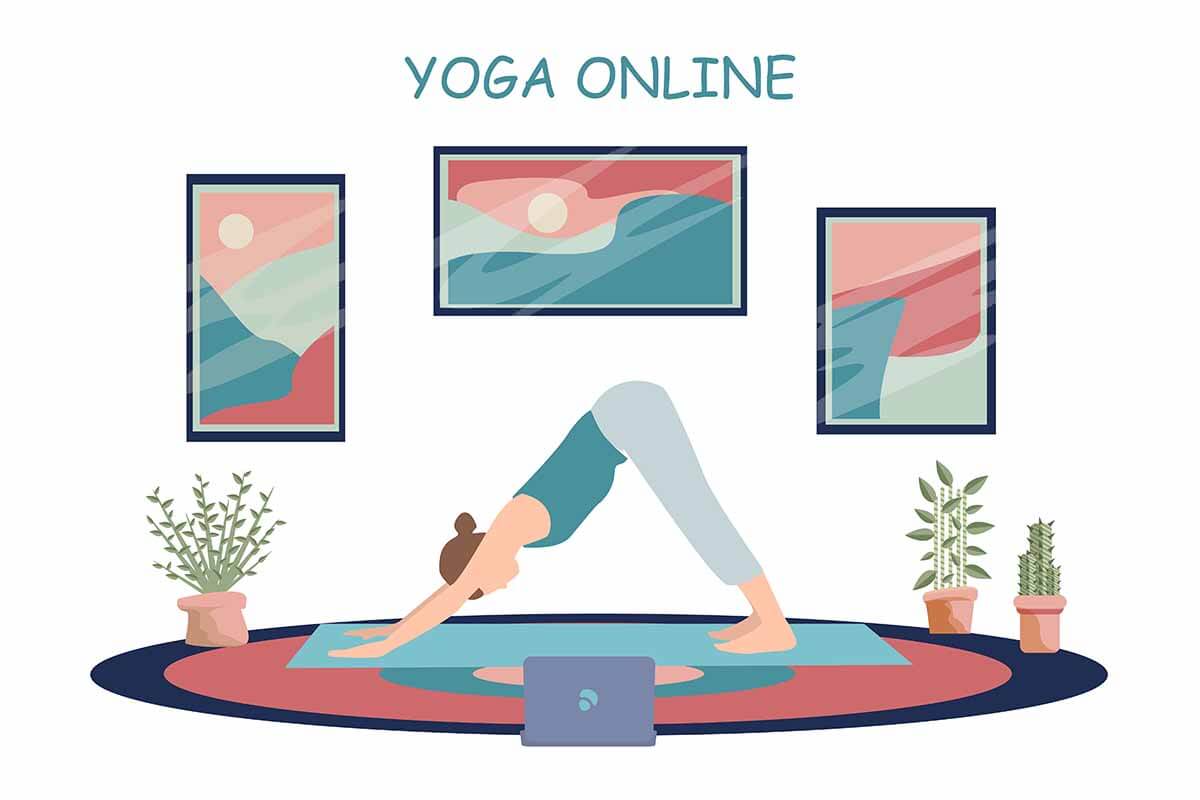
oga is one of today’s most popular forms of exercise to stay limber and live a healthy lifestyle. It has become so popular that there are many styles out there that you may be overwhelmed with the possibilities. One style that is ever-growing is adaptive yoga.
Adaptive yoga, an approach that prioritizes individual needs, is a unique yoga style incorporating customizable moves and poses. This style proves invaluable for various reasons, particularly for those who find traditional yoga ineffective. If you’re curious about this innovative practice, you can just read on to discover its benefits.
Adaptive yoga focuses on yoga programs for individuals with limited mobility, including those in wheelchairs or with paralysis. This approach extends its benefits to geriatric populations and individuals with chronic conditions like arthritis or balance issues, where traditional poses may pose risks. Adapted yoga often features chair-based poses, recognizing some individuals’ challenges in transitioning to or from ground-based positions without assistance.
Article Topics
Can People With Physical Disabilities Do Yoga?
Yoga is an excellent choice for a healthy lifestyle because it helps tone muscles and ligaments while stretching them. Not only can individuals with disabilities do yoga, but it is also quite beneficial. Like any other type of exercise or activity, it can be changed for the individual when necessary.
How Does Yoga Help People With Disabilities?

Photo: @allihopayoga | Instagram
Yoga can help those with disabilities in many ways. Breathwork can help someone with a disability tremendously. It allows you to gain control of your breathing and use it to calm yourself. This is perfect for those who are also anxious and have a lot of stress.
Breathwork has been proven to help renew a person’s lifestyle. It can reduce the symptoms of so many disabilities as well as mental illnesses and empowers people. And there are many types of breathing techniques to learn to help with an array of individuals.
Not only does yoga provide internal tranquility, but it can also help with other physical ailments. It can improve posture and flexibility with yin yoga poses. You will see that you will feel more robust, and there are always alternative poses that one can do that are best for the individual.
Here are some mental illnesses and disabilities that yoga has been evident to improve:
- Arthritis
- COPD
- Multiple Sclerosis
- Parkinson’s disease
- Osteoporosis
- Anxiety
- Depression
- PTSD
- Other limiting disabilities
With the capability to modify poses, positions, and breathwork, you will find that yoga can be for everyone. You need to change the styles based on the individual’s needs. (Want to learn how to get certified in breathwork? Check out that article to learn more!)
What Are Benefits of Adaptive Yoga?
With adaptive yoga poses, you can modify these poses and positions to fit those needs, and you don’t have to compromise your health or add any unwarranted stress to your physical body.
Here are the many benefits of why adaptive yoga is excellent to incorporate into your daily routine:
- Improves strength
- Allows more flexibility
- Improves posture
- Increases balance and focus
- Better circulation
- Improves digestion
- Adds to pelvic floor health
- Decreases fatigue
- Reduces spasticity
- Betters coping skills
- Strengthens mental health
Does Adaptive Yoga Require Special Equipment?
Adaptive yoga doesn’t necessarily need any special equipment. Sometimes, you may need a waistband, a pillow, or other prop to help you with your poses, but it is all based on the individual’s needs. You may need special equipment if you have a disability that requires it.
And if you want to become an adaptive yoga teacher, check out the best Adaptive Yoga Certifications Online!
Final Thoughts
Adaptive yoga is an excellent alternative to traditional yoga and has become popular. It’s become a follow-on course for many who have already been certified through an in-person Online Yoga Teacher Training program.
It allows the individual to do poses and exercises that are generally impossible. This style will enable you to do yoga that you can enjoy and not feel defeated because you couldn’t do the traditional pose. See for yourself by giving it a shot.



